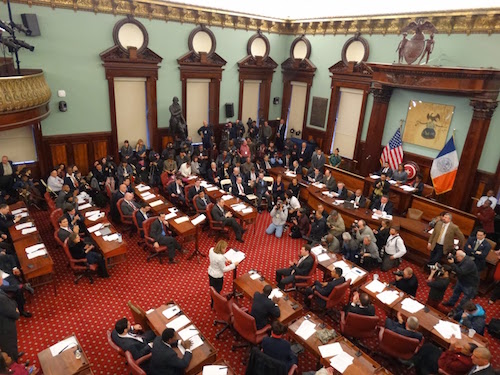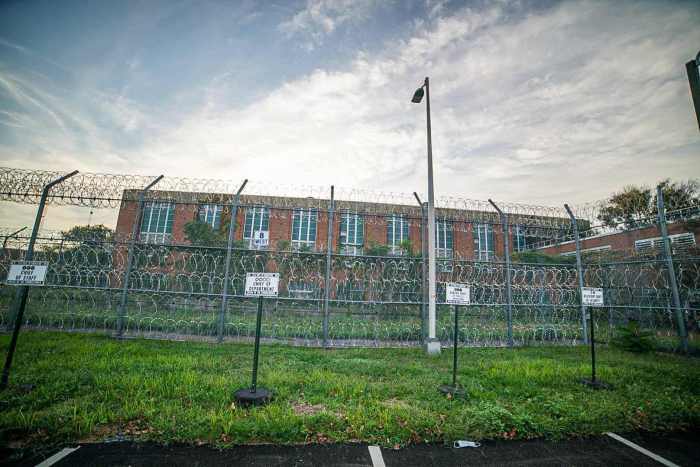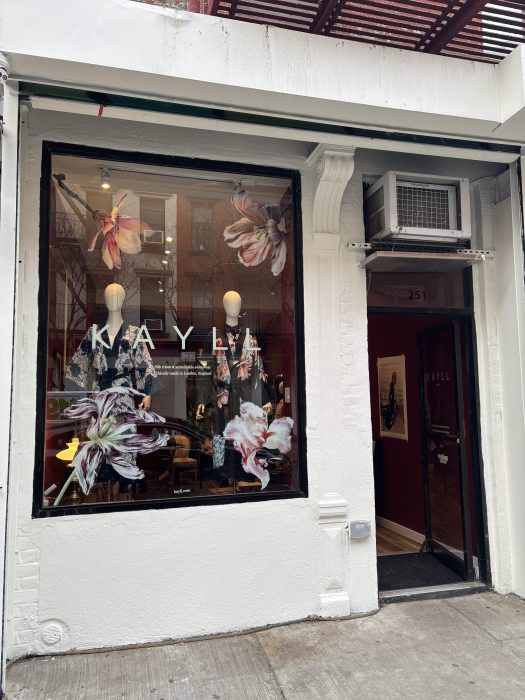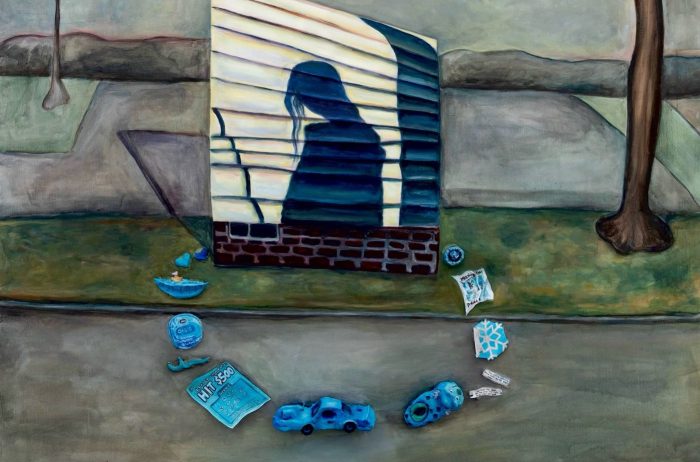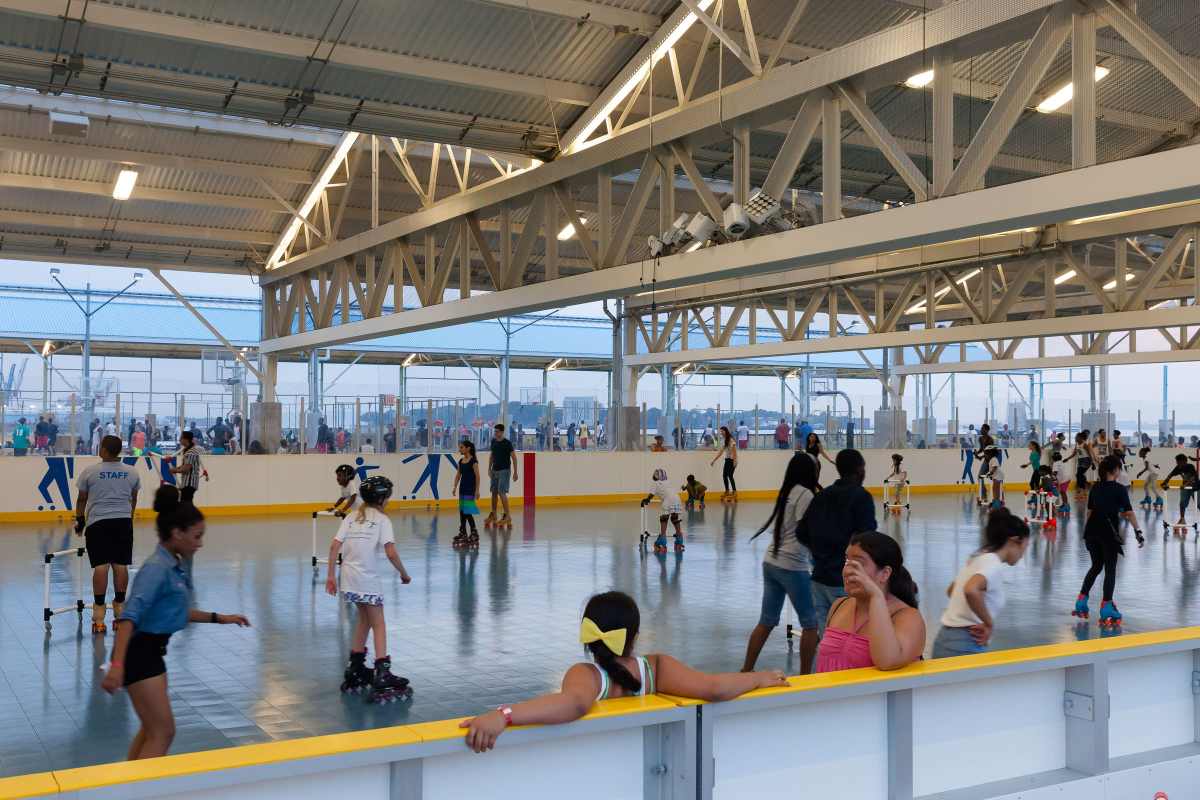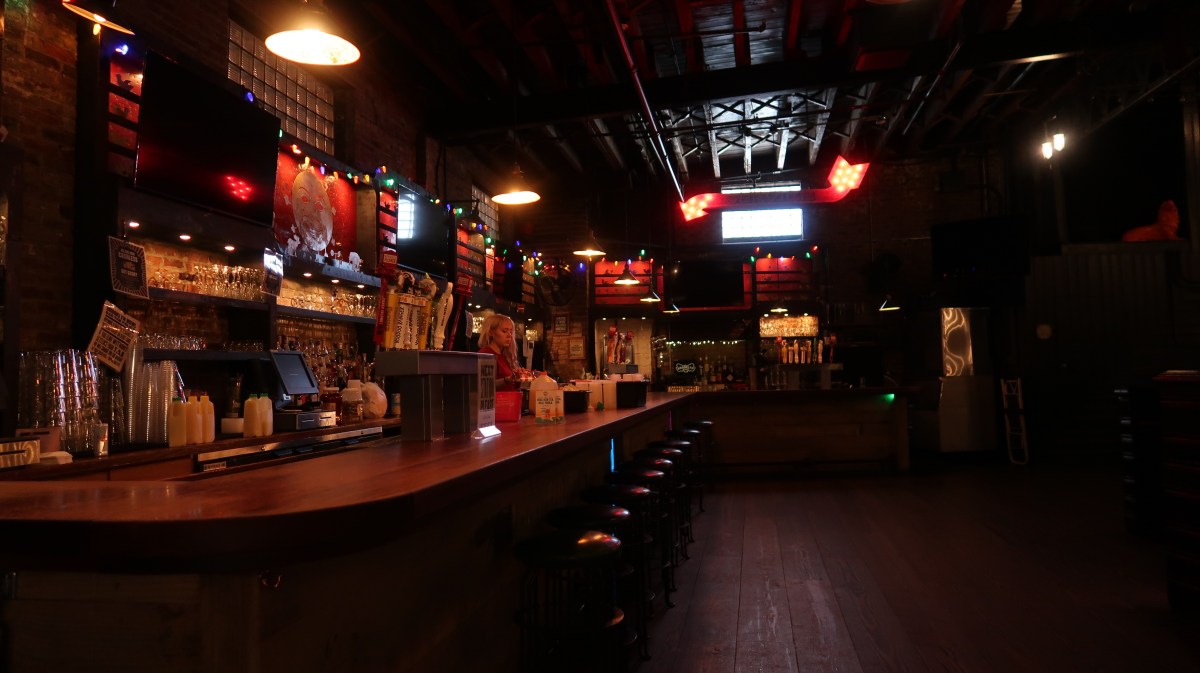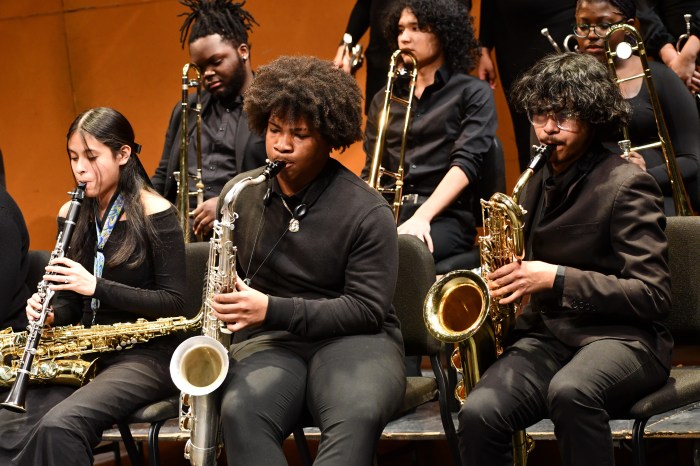The City Council’s Committee on Criminal Justice held a hearing Tuesday morning on the conditions inside Rikers Island detention complex, where reformers called for passage of a series of bills aimed at improving conditions inside the notorious detention center.
“Each time a person is placed behind bars, a community’s light is dimmed. Each time a person is placed behind bars, they are deprived of opportunities to pursue education, a career, friendships, family, and their dreams,” said Public Advocate Jumaane Williams, a candidate for governor.
The hearing brought the interagency task force on Rikers Island, run by Chief Counsel Brendan McGuire, to answer questions from council members — which comes after a spate of deaths inside the detention.
“Since our last hearing, 4 people have died in custody on Rikers Island, including 3 just last week,” said committee chair Carlina Rivera. “In short, the actions this task force takes determines the future of Rikers Island, and the safety of people in [Department of Corrections] custody.”
The bills considered by the committee on Tuesday included a number of important proposals — including adding more social workers to the prison, screening and treating dyslexia among inmates, allowing more children to visit prisoners and establishing a state-of-the-art system to track cases of sexual abuse.
“Through the bills up for discussion today, this body and this city can make strides to ensure that our framework of incarceration is built around restoring dignity and opportunity for those individuals caught up in the system,” Williams added. “These bills seek to remedy our collective failure to serve the people of New York, particularly our Black and Brown communities.”
Mental and physical health on Rikers
The task force had been established in response to a proposed federal takeover of the jail, and allowed Mayor Eric Adams to keep the facility under city control for a while longer — though notable improvements are required going forward to continue to stave off that federal takeover.
On the federal level, Manhattan Congress Member Carolyn Maloney, who chairs the House Oversight Committee, along with her colleagues Alexandria Ocasio-Cortez of the Bronx and Jamie Raskin of Maryland, sent a letter on Monday, questioning whether the task force has done enough to address mental health problems among inmates.
“We are concerned that there are currently no Task Force members specifically dedicated to ensuring that the mental and physical health of those detained at the facility are appropriately considered and prioritized,” the pols wrote. “This is particularly important in light of recent reports of ‘frightening’ and ‘chaotic’ conditions at the intake facility on Rikers, with detainees being packed into ‘tight filthy pens, urinating on the floor.’”
For his part, McGuire pointed to the city’s “Action Plan” for Rikers Island, which was approved by a federal judge (allowing the city to retain management over the complex), saying they would focus on those laid-out benchmarks — including improving security and staffing inside the complex.
“We are going to be guided by the Action Plan,” he said. “So that’s really what drives us — the objectives and the metrics of the Action Plan.”
One of the major sticking points of that plan is the shortage of staffing, which has increasingly become an issue since the COVID-19 pandemic.
That lack of staffing and security has led to draconian conditions inside the facility, including, as the New York Times reported, when gang leaders have de facto control within the prison — and have even established “fight nights” that pit prisoners against one another in physical altercations for entertainment.
Gender dynamic on Rikers
Another major issue that has arisen on the complex has been the special needs of women, who are currently located in the Rose M. Singer Center (Rosie’s) on Rikers Island.
“There are roughly 300 women and gender-expansive people at Rosie’s. We know that this population often has unique needs,” pointed out Rivera. “The overwhelming majority are mothers and primary caretakers for their children. Many are survivors of domestic violence, or they have mental illnesses.”
Nine criminal justice reform advocates provided testimony to the committee seeking to move that population off of Rikers Island entirely, and instead locate them at the currently-vacant Lincoln State Correctional Facility in the Harlem section of Manhattan.
“Gender-responsive investments in community resources will help to prevent systems involvement. That includes mental health treatment, affordable and supportive housing for mothers and their children, and assistance for domestic and sexual violence survivors,” the reformers said in written testimony.
As part of the borough-based jail plan, passed during Mayor Bill de Blasio’s second term in office, the population of women and non-gender conforming individuals are slated to be moved to a facility in Kew Gardens, Queens — though the reformers slammed that plan as a “setback” for non-men.
“For men, BBJP represents a landmark improvement by replacing the dangerous and dilapidated jails on Rikers Island with modern facilities located closer to the courts and public transit within local communities,” they said. “For women, BBJP is in part a setback.”
Yet, McGuire during Tuesday’s testimony dodged that suggestion, saying they were focused only on addressing the federal government’s issues with Rikers.
“The task force has not been focused on the borough-based jail plan, generally,” McGuire said.
After follow-up questions from Rivera, though, Department of Corrections Commissioner Louis Molina agreed to consider the possibility of using a different facility than the one in Kew Gardens — as the majority of women inside Rikers are from Manhattan and Brooklyn, rather than Queens.
“I am always open to exploring possibilities about how we can improve our jail system,” Molina said.



